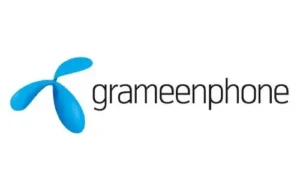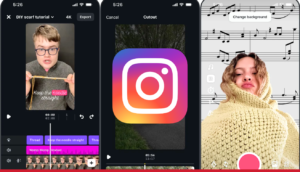WhatsApp has officially joined the elite ranks of apps exceeding 3 billion monthly active users, as announced by Meta CEO Mark Zuckerberg during the company’s Q1 earnings call. Since its founding in 2009 and acquisition by Facebook in 2014 for $19 billion, the messaging platform has remained ad-free and free to use. The milestone follows its previous benchmark of 2 billion users in 2020, placing it alongside Facebook as one of the only apps to hit this scale reportedly.
With such an immense global reach, WhatsApp continues to be a cornerstone of Meta’s ecosystem — particularly as the company intensifies its focus on artificial intelligence. Meta identifies WhatsApp as one of the leading channels for distributing its AI services, with Chief Financial Officer Susan Li emphasizing that the highest engagement with Meta AI across its apps occurs within WhatsApp, especially through individual user chats.
Read more: WhatsApp To Introduce Limits On Broadcast Messages For Users And Businesses
While Meta is leveraging WhatsApp’s popularity globally to promote its AI tools, the company acknowledges that adoption is slower in the U.S., where built-in phone messaging apps still dominate user preferences. To address this, Meta recently launched a standalone Meta AI app aimed at gaining traction in the American messaging space. Zuckerberg remarked that while WhatsApp is dominant in many markets, the Meta AI app will play a pivotal role in establishing a foothold in the U.S., ultimately aiming to become the primary personal AI assistant for users there.
Meanwhile, Meta is expanding WhatsApp Business, a commercial platform within the app that now contributes significantly to the company’s earnings — part of the $510 million generated by its suite of apps. The business-focused version of WhatsApp is seeing increased experimentation with AI tools. Meta is developing a new interface and dashboard to help companies train its AI with data from their websites, social media profiles, and WhatsApp pages. It’s also testing ways to enable AI-powered conversations between businesses and customers within chat threads.
For more updates, be with Markedium.










































Leave a comment